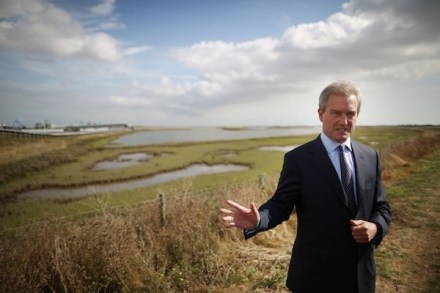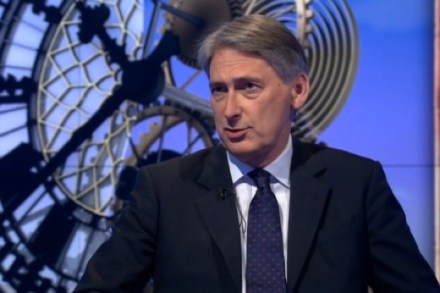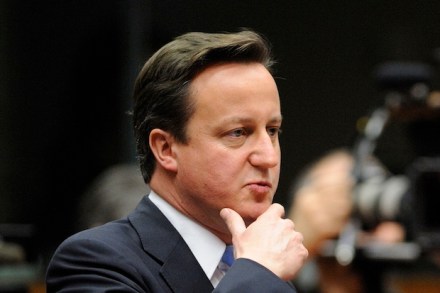Reshuffle 2014: where is the new centre of gravity in the Tory party ?
After a night of firing, we should start to see a round of hiring in David Cameron’s government from around 8.30 this morning. Only one post has been filled – Philip Hammond moving to the Foreign Office – and yet some observers are already trying to pin down the new centre of gravity in the Tory party. Labour seems to have given its MPs a line to take that the is a lurch to the right and the end of moderate Tory governing. Without wishing to begrudge the Opposition a decent, disciplined line on a day when it’s very difficult to attract attention away from the other party doing the




















